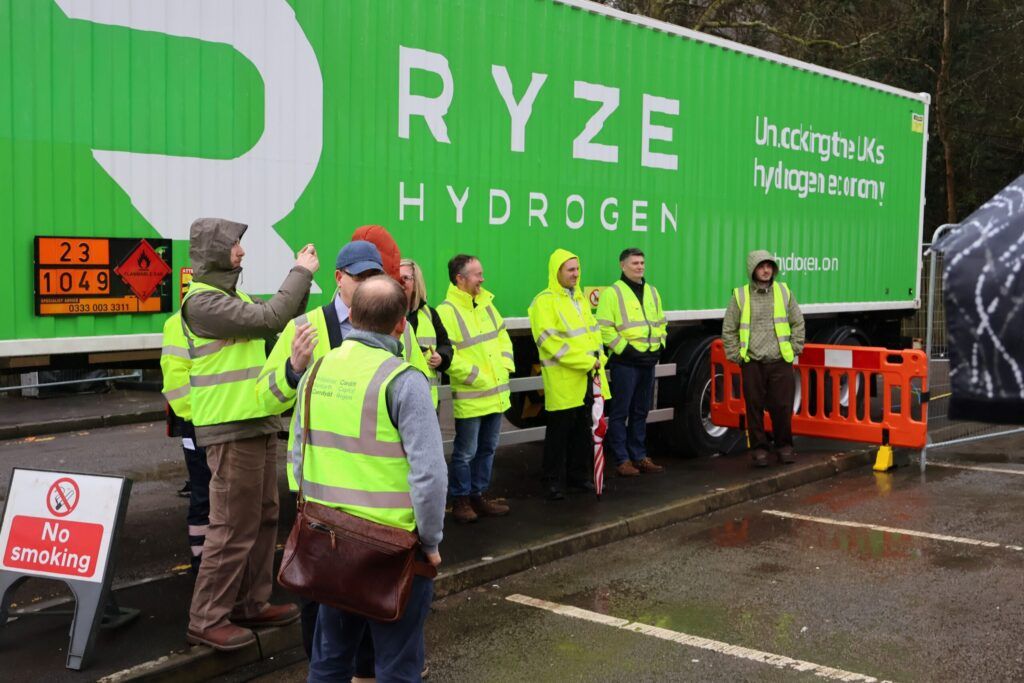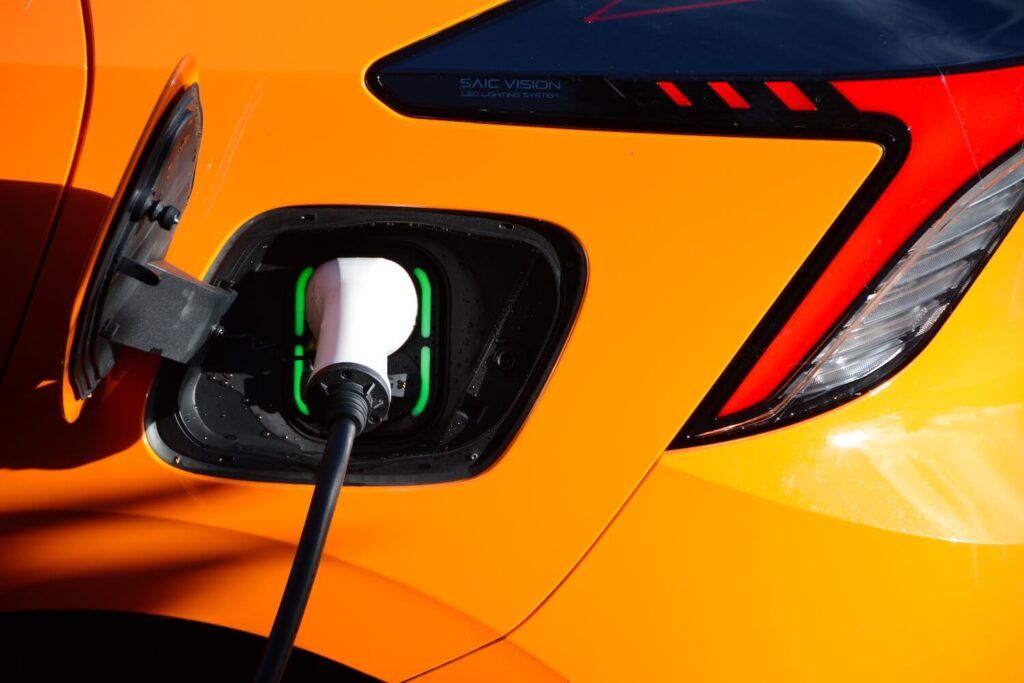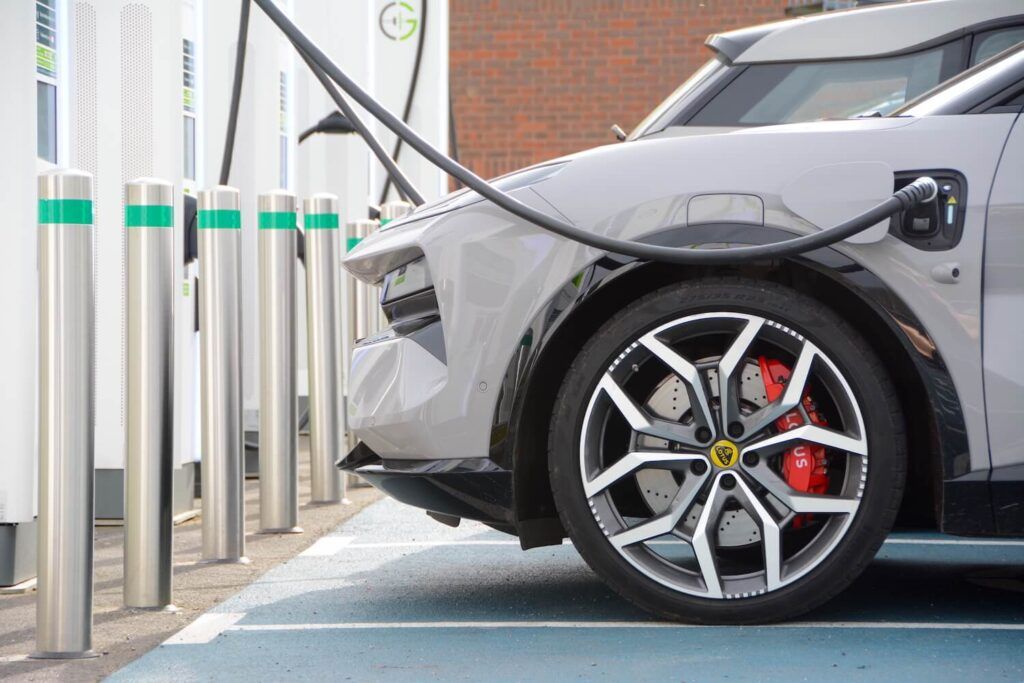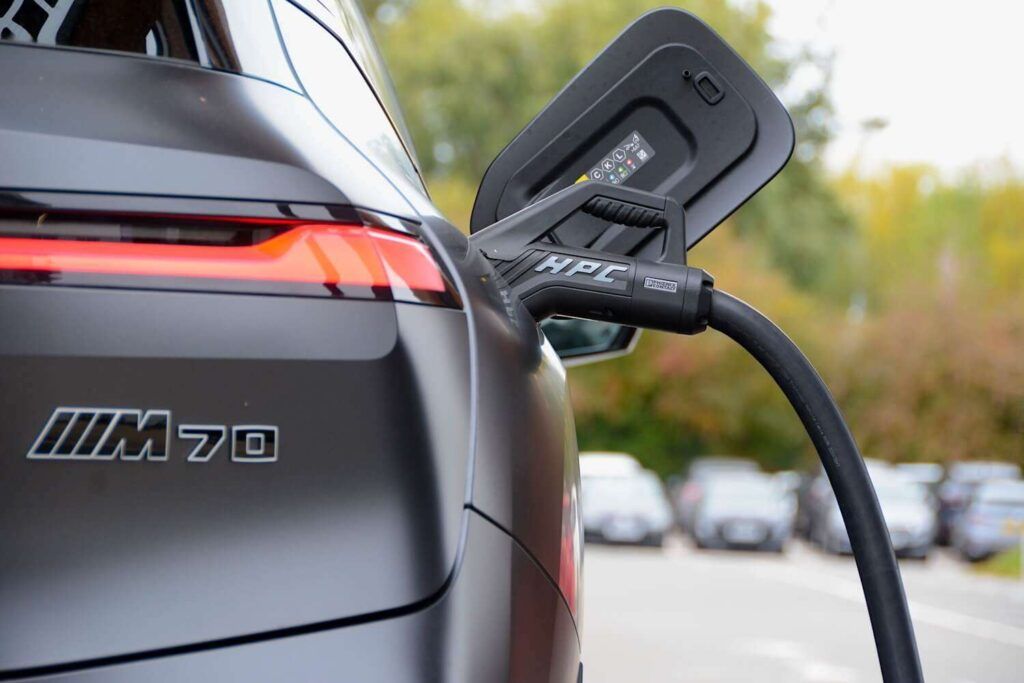Businesses in and around Birmingham have been advised to replace their fleet vehicles with cleaner, more efficient models as the city’s clean air zone (CAZ) comes into effect on 1 June 2021.
Already identified as one of the top challenges facing fleets over the next five years, ATS Euromaster, who’s HQ is in Birmingham, says that with further cities due to add CAZs in 2021 and 2022, more fleets should upgrade to be CAZ-compliant or face paying access charges.
Birmingham will launch a Class D zone on 1 June – meaning buses, coaches and heavy goods vehicles must meet Euro VI standards to avoid charges. Euro 6 (diesel) and Euro 4 (petrol) standards must be met for vans, minibuses, taxis, private hire vehicles and cars.
Yet there are many options available to businesses to make sure their fleet vehicles comply.
Upgrading to electric vehicles is one option, which may also provide whole-life cost savings. Van drivers who cover 65 miles a day, five days a week, could save up to £4,210 a year in fuel, taxes and CAZ charges if they swap to an electric model, compared to a non-compliant diesel-powered vehicle.
Mark Holland, Operations Director, ATS Euromaster, said: “Birmingham’s clear air zones mean companies with high-polluting vehicles will be charged to enter these areas from 1 June, but fleets can both avoid these payments and improve our surroundings.
“Upgrading to vehicles that meet the minimum requirements – such as adding EVs to fleets, for instance – will not only reduce running costs, but also improve air quality.
“We’re one of the many businesses based in Birmingham, so we’re fully aware of the potential financial impact the CAZ may have – but we also know the positive effect it will have on the wellbeing of our staff, as well as ensuring the quality of the air Birmingham residents breathe is greatly improved.”
Image: Shutterstock












